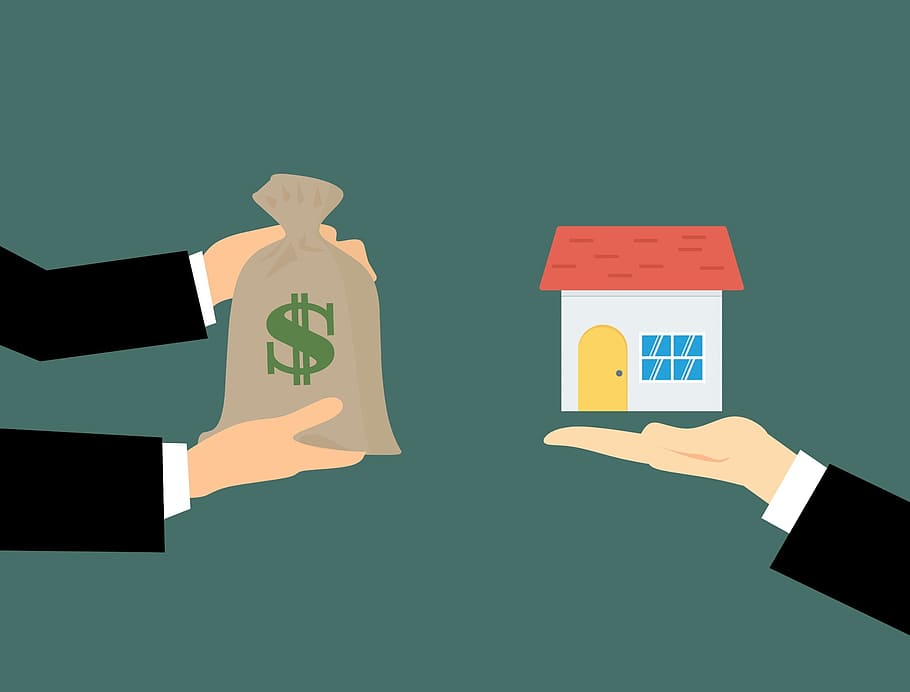Investing in real estate is one of the best ways to make money, partially because of the many options it gives to both part-time and full-time investors. However, due to the many different opportunities, you have to make sure that you choose the right strategy to fit your budget, skills, personality, needs, and goals. To help you choose the right path for you, we will have a look at the top real estate investment strategies as well as their pros and cons.
1. Investing in Rental Properties
The first way to
invest in real estate is also the most popular one – buying an investment property to rent out to others. You can go for a traditional, long-term rental or for a vacation, short-term rental. The most important advantage of this investment strategy is that you can start making money right away – as soon as you buy a property, get it in a rentable shape, and find tenants. As long as you repair your property on time and are able to keep good tenants, you will have a reliable source of monthly income. Another major benefit of this strategy is that it allows you to go to grow quickly as an investor. You can use the rental income from your first property to buy another one, and so on and so forth. Within a few years, you can own an entire portfolio of real estate rental properties.
The main drawback of investing in rental properties is that it is an active investment endeavor. You have to maintain your property regularly, respond to urgent tenants’ requests and complaints, collect rent on monthly, deal with occasional evictions, etc. However, even this issue can be overcome with professional property management. In most cases the fees you pay to a property management company are worth it as these professionals will be able to find you the best tenants and keep your property in an upmost state, saving you all the headaches associated with being a landlord.
The key to success with rental properties is buying a profitable property in a top real estate market. To achieve this goal, you've got to conduct both land marketing research and investment property analysis to understand exactly what proportion income you'll make (depending on your rental strategy) and the way much your return is going to be. Remember to always go for positive cash flow properties from day one. Unless you have a positive cash flow rental, you will be losing money instead of making money, and no real estate investor wants that.
2. Buy and Hold
The second land investment strategy is to shop for and hold. The idea is simple: you buy an investment property and sell it later on, after its value has significantly appreciated. The obvious pro of this strategy is that you have the potential to make a lot of money in the long term. Moreover, this return on investment will be largely passive as you don’t have to do anything to get natural real estate appreciation to work for you. If you would like to possess a good larger profit, you'll force appreciation on your property by improving the within and therefore the outside. Just make sure to focus on relatively cheap improvements which bring a big increase in value.
However, you don’t get to make money in the short run unless you rent out the property. Thus, it is highly recommended to combine the buy and hold strategy with renting out for the maximum profit in both the short and the long term.
3. Real Estate Wholesaling
If you are not sure you want to engage in real estate investments, in the long run, you can try out wholesaling. Another benefit, in addition to the short timeframe, of this strategy is that you need only minimum capital as you are not actually buying a property. All you have to do is to get a house for sale under contract from the seller, market the property to potential buyers, and eventually assign the contract to a buyer.
The main drawback of wholesaling real estate is that you have to work within tight deadlines and under lots of pressure. However, you can make a significant profit within just a couple of weeks without spending any of your money. To be a successful wholesaler, you have to build a strong real estate network first, including property sellers and buyers, real estate investors, and other professionals.
4. Fix and Flip
Another short-term land investment strategy is to fix and flip. Unlike wholesaling, with flipping houses, you have to buy a property before you renovate it and sell it to the final investor or homebuyer. The good news is that fix and flip investors have access to more financing options than rental property investors as they need the money for only a short period of time and can afford to pay a higher interest rate. Another difference between wholesaling and flipping is that in the latter case you don’t work on a fixed schedule. Nevertheless, it's in your best interest to repair and flip the property as quickly as possible to form a profit and begin another land investment project.
The main disadvantage of the fix and flip strategy is that it requires the active involvement and participation of the investor.
The most passive form of real estate investment is investing your money in a REIT, or a real estate investment trust. With this strategy, all you have to worry about is choosing the best REITs, and knowing when the right time to sell your shares has come. The potential for return is significant, and you can make money in both the short and the long term.









